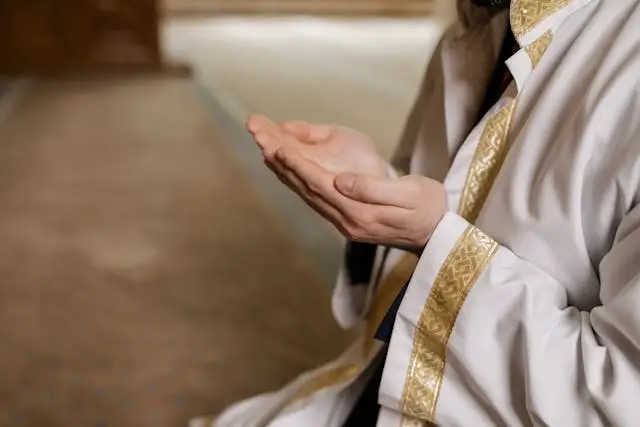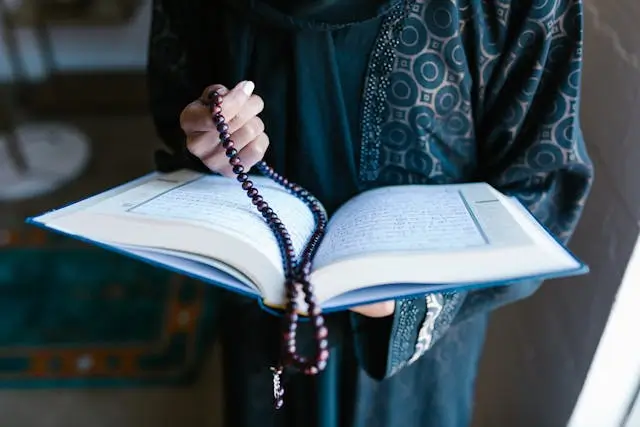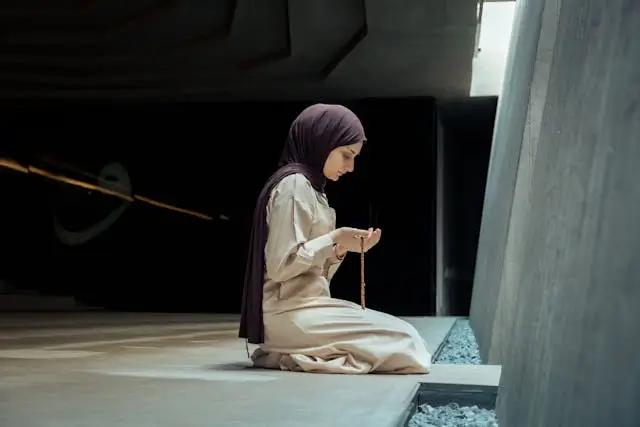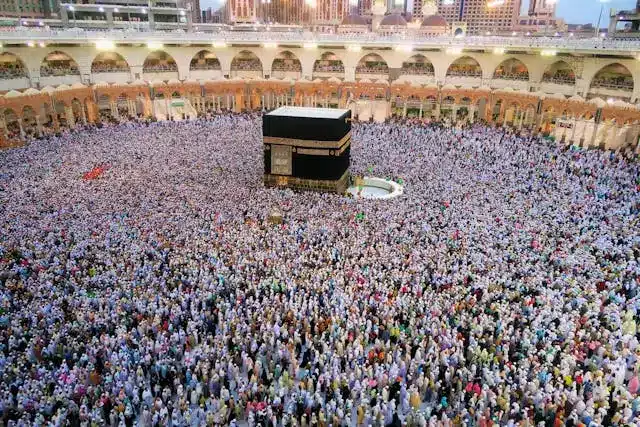Dua for Evil Eye: Islamic Duas for Protection from Envy and Harm
In Islam, the concept of the evil eye (Arabic: al-‘ayn) is not a superstition — it is a real and powerful phenomenon acknowledged in both the Qur’an and the Sunnah. The evil eye occurs when someone looks at another person’s blessings — such as beauty, wealth, or success — with envy or amazement that turns into harm through negative energy.
Prophet Muhammad ﷺ said:
“The evil eye is real, and if anything were to overtake the divine decree, it would be the evil eye.” (Sahih Muslim)
As Muslims, we are encouraged to seek Allah’s protection through dua (supplication) and remembrance. Duas for protection are not mere words — they are shields that guard our hearts, homes, and families from unseen harm.
What the Qur’an and Hadith Say About the Evil Eye
Evil Eye in the Qur’an
Allah ﷻ reminds us in Surah Al-Falaq (113:5):
“And from the evil of the envier when he envies.”
This verse clearly confirms that envy (hasad) can bring harm and that Allah alone offers protection. Similarly, Surah Yusuf (12:67) shows Prophet Yaqub (AS) advising his sons to enter Egypt through different gates — fearing the evil eye due to their beauty and strength.
Evil Eye in the Hadith
The Prophet ﷺ frequently warned against the evil eye and taught his companions how to protect themselves:
“Seek refuge with Allah from the evil eye, for it is real.” (Sunan Ibn Majah)
He also taught his followers to recite specific duas, which we will explore below.
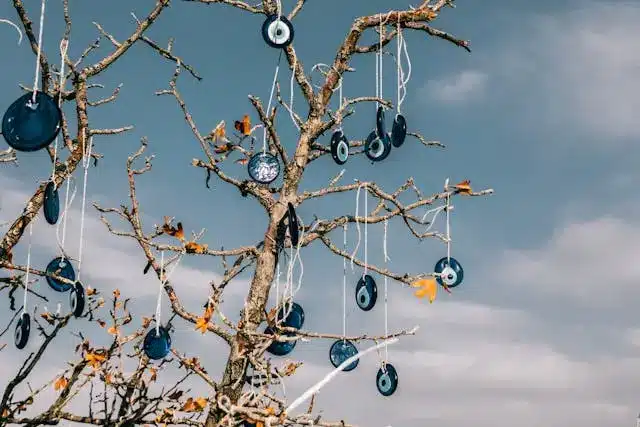
The Concept of Ruqyah (Spiritual Protection) in Islam
Ruqyah refers to spiritual healing through Qur’anic recitations and authentic supplications. It was practiced by Prophet Muhammad ﷺ himself and his companions to cure illness, fear, and protection from unseen harm.
Unlike cultural amulets or charms, ruqyah is entirely based on the Qur’an and Sunnah. It can be recited for oneself, one’s children, or anyone believed to be affected.
“Whoever places his trust in Allah, He will be sufficient for him.” (Qur’an 65:3)
Ruqyah and duas for protection strengthen our faith, reminding us that no harm can touch us except by Allah’s will.
Authentic Duas for Protection from the Evil Eye
Here are the most authentic duas and Qur’anic verses for protection from the evil eye, envy, and jealousy — all from the Sunnah and Qur’an.
1. Surah Al-Falaq & Surah An-Naas (Chapters 113 & 114)
These two chapters, known as Al-Mu’awwidhatayn (the two protectors), are among the strongest shields against the evil eye, black magic, and shaytan.
📜 Recite:
- Surah Al-Falaq (113)
- Surah An-Naas (114)
When to recite: Every morning, evening, and before sleep.
Tip: Prophet ﷺ used to recite them three times and blow over his hands, then wipe his body for protection.
2. Ayatul Kursi (Surah Al-Baqarah 2:255)
Ayatul Kursi is among the most powerful verses for protection. It describes Allah’s supreme authority and power.
“Whoever recites Ayatul Kursi after every obligatory prayer, nothing stands between him and Paradise except death.” (Sahih al-Bukhari)
When to recite: After every prayer, before sleep, and when feeling afraid or weak.
3. Dua for General Protection (from Prophet ﷺ)
Arabic: أَعُوذُ بِكَلِمَاتِ اللَّهِ التَّامَّاتِ مِنْ شَرِّ مَا خَلَقَ
Transliteration: A‘ūdhu bi kalimātillāhi al-tāmmāti min sharri mā khalaq
Meaning: “I seek refuge in the perfect words of Allah from the evil of what He has created.”
When to recite: In the morning, evening, or before entering any unknown place.
4. Dua for Children’s Protection (Hasan & Husayn’s Dua)
Prophet Muhammad ﷺ used this dua to protect his beloved grandsons, Hasan and Husayn (RA).
Arabic: أُعِيذُكُمَا بِكَلِمَاتِ اللَّهِ التَّامَّةِ مِنْ كُلِّ شَيْطَانٍ وَهَامَّةٍ وَمِنْ كُلِّ عَيْنٍ لَامَّةٍ
Transliteration: U‘īdhukumā bi kalimātillāhi al-tāmmati min kulli shayṭānin wa hāmmatin wa min kulli ‘aynin lāmmah
Meaning: “I seek protection for you in the Perfect Words of Allah from every devil and poisonous creature, and from every evil eye.”
When to recite: Over children daily, especially before they sleep or go out.
5. Ruqyah Dua for Afflicted Person
Arabic: بِسْمِ اللَّهِ أَرْقِيكَ، مِنْ كُلِّ شَيْءٍ يُؤْذِيكَ، مِنْ شَرِّ كُلِّ نَفْسٍ، أَوْ عَيْنٍ حَاسِدٍ، اللَّهُ يَشْفِيكَ
Transliteration: Bismillāh arqīka, min kulli shay’in yu’dhīka, min sharri kulli nafsin aw ‘aynin ḥāsid, Allāhu yashfīka.
Meaning: “In the Name of Allah, I perform ruqyah for you, from everything that harms you, from the evil of every soul or envious eye; may Allah cure you.”
When to recite: For someone showing signs of envy or sudden illness. Blow over them or on water and drink/wash with it.
Additional Quranic Verses for Protection
- Surah Al-Ikhlas (112) – Reflects pure Tawheed (oneness of Allah).
- Last two verses of Surah Al-Baqarah (2:285–286) – Protection from all harm.
- Surah Al-Mulk (67) – Protects from grave punishment and unseen dangers.
- Surah Al-Fatihah (1) – A cure and protection for the believer’s heart.
Reciting these daily, along with Ayatul Kursi and Al-Mu’awwidhatayn, forms a complete protection routine.
Sunnah Tips to Prevent Evil Eye
Islam not only teaches duas but also provides preventive actions. Following the Sunnah lifestyle helps reduce envy and invites barakah (blessings).
✅ 1. Say “Masha Allah” when praising others
If you admire someone’s blessings, always say Masha Allah to prevent envy.
“Why, when you entered your garden, did you not say: ‘Masha Allah, there is no power except with Allah’?” (Surah Al-Kahf 18:39)
✅ 2. Recite morning and evening adhkar
Make it a habit to read Al-Falaq, An-Naas, Ayatul Kursi, and the Prophet’s duas after Fajr and Maghrib.
✅ 3. Keep your blessings private
Avoid oversharing on social media — protection starts with modesty.
✅ 4. Give charity (Sadaqah)
Charity extinguishes trials, envy, and Allah’s anger.
✅ 5. Maintain strong faith (Tawakkul)
Believe that no harm can occur without Allah’s permission.
“And the servants of the Most Merciful are those who walk upon the earth humbly…” (Qur’an 25:63)
Signs That Someone May Be Affected by the Evil Eye
Although only Allah knows the unseen, scholars mention possible symptoms:
- Sudden sadness, fatigue, or illness without medical cause
- Loss of appetite or sleep disturbances
- Unexplained failure or financial struggle
- Constant arguments or mood changes
If these signs appear, seek spiritual healing through ruqyah, dhikr, and consistent dua.
Common Misconceptions About the Evil Eye
Islam rejects superstition and innovation (bid‘ah). Unfortunately, many Muslims adopt cultural practices that contradict Tawheed.
Avoid:
- Using amulets, black threads, or talismans
- Visiting magicians or fortune tellers
- Burning incense or doing “charms” without Islamic proof
True protection lies only in remembering Allah and following the Sunnah.
Conclusion: True Protection Lies with Allah
The evil eye is real — but so is Allah’s mercy and protection. By reciting authentic duas, following the Sunnah, and keeping hearts pure from envy, believers can guard themselves and their families from all harm.
Remember: every dua you recite is a shield between you and evil, every verse is a light in darkness, and every remembrance is a proof of faith.
“And whoever relies upon Allah – then He is sufficient for him.” (Qur’an 65:3)
May Allah protect us all from envy, jealousy, and the evil eye, and fill our homes with barakah, peace, and light.
Ameen. 🌙
FAQs
1. What is the best dua for evil eye protection?
Recite Surah Al-Falaq, Surah An-Naas, and Ayatul Kursi regularly, along with A‘ūdhu bi kalimātillāhi al-tāmmāti min sharri mā khalaq.
2. Can the evil eye affect children?
Yes, it can. That’s why Prophet ﷺ taught the dua of Hasan and Husayn for child protection.
3. How often should I recite these duas?
Morning and evening, after every prayer, and before sleep for consistent protection.
4. Are amulets allowed in Islam for protection?
No. They are prohibited and can lead to shirk. Protection comes only through Allah and His words.
5. What should I do if I suspect evil eye has struck me?
Perform ruqyah, recite the mentioned duas, give charity, and seek Allah’s help sincerely.


